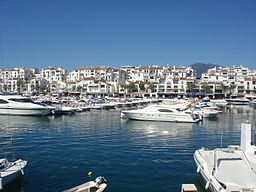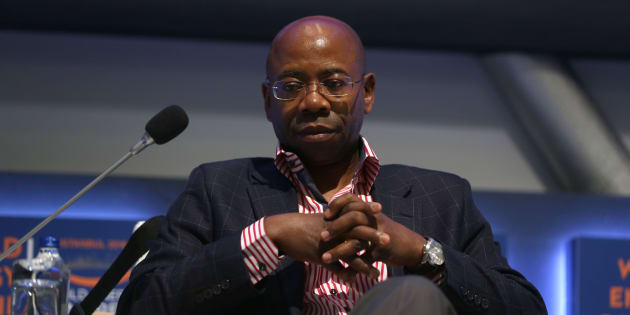‘When confronted with the river of capital from a growing China, fund managers have to lose their innocence and accept that they are being used as a money laundering platform’
PUBLISHED : Thursday, 28 September, 2017, 5:47pm
UPDATED : Thursday, 28 September, 2017, 5:47pm
COMMENT: 1
Players will always be playing. It’s most evident at the Four Seasons’ Lounge where almost all the diners speak only Mandarin. They are meeting with their private banking relationship managers, many of whom I recognise.
It is an appropriate setting for my coffee with a senior manager at a global asset firm, where I confirm how current strategies in mainland China’s money laundering, or capital flow, or portfolio diversification - whatever it is called in discreet banking circles - has inflated a financial bubble in Hong Kong that could be as catastrophic as the 2008 mini bond and accumulator crisis.
Chinese authorities have tightened up on the outflow of the yuan not only to combat high level corruption, but to prevent currency imbalances. Luckily, China still operates a relatively closed capital account and the movement and exchange of yuan is rigorously monitored and approved through authorities like SAFE (State Administration of Foreign Exchange) and the PBOC (People’s Bank of China).
Here is how the “turn” works. A mainland client has millions or billions in yuan sitting onshore in China. He needs to move it cleanly without resorting to “smurfing”- a series of small transfers that take too much time, or the unsavoury task of transporting cash.
His private banker instructs the Chinese client to deposit the yuan in a designated onshore account (in China) under the control or custody of the bank. At the same time, the bank lends them an equivalent US dollar amount, usually geared up, and deposits it in an offshore (outside of China, most likely in Hong Kong) account (minus a fee).
The transaction is based on the client agreeing that the US dollar funds will be used to buy third-party or in-house asset management products. So these proceeds are usually channelled to buy US dollar fixed income products (minus another fee).

You’d think that so far, the transaction would be profitable enough. But then, the private banker pitches the mainland client on highly leveraged, structured finance that is layered on top of his holding in the fund.
It involves reducing price volatility, locking in returns and hedging for a period. Huge fees are charged again. Bankers tell me that mainland clients are especially naive about the impact of these fees on total returns, and are more interested in stability and quietly transferring their yuan offshore without raising regulatory flags- regardless of cost.
And if you are laundering ill-gotten gains, the exorbitant fees are just a cost of doing business. After a period of time, the mainland client can convert his fund units into US dollars. The private banker walks away with lucrative fee streams.
Clients don’t realise they are bearing tremendous risks as the leverage can involve 10 to 15 times the nominal amount to gear up returns from low interest rates. But, any sharp shift in rates can produce huge losses, arrested hedges and counter party defaults.
Asset managers know that certain kinds of their funds are being bought in extremely high volume and being used as hosts for complex and risky derivative structures. And asset managers are not, to the best of their knowledge, being told by private banks about the derivatives being hooked up to their funds. Hence, regulators are not receiving complete reports and are largely unaware of the build-up of credit and systemic risk.
Just examine the top 10 US dollar, fixed-income funds of unit trusts whose assets under management have soared from US$10 billion to US$40 billion to US$50 billion over the last two years. Inexplicable high growth in such a short period is usually a compliance warning sign. Large and liquid funds are usually targeted for their liquidity.
Fund managers and their marketers are asked by their New York or London headquarters about the massive buying interest from Hong Kong, but the fee income overcomes any objections. While some asset managers may restrict frequent trading in their funds, most don’t care.
Such a rapid ballooning of assets under management in a fund creates its own distortions and ripples through the market. Fund returns come under pressure as its increased funding crowds out specific asset classes. It could even force it to take unnecessary risks such as buying non-agency rated debt or increase returns through derivatives.
The hidden problem is that the units of these funds are being misused for ulterior purposes.
Experienced fund managers lament the diminished purpose of asset management- capital preservation and retirement planning. But, when confronted with the river of capital from a growing China, fund managers have to lose their innocence and accept that they are being used as a money laundering platform.
Financial crisis are different each time they come around because regulators and risk takers are too focused on the previous crisis. And they fail to understand that it is called a crisis because it is an unexpected event based on malignant trends they overlooked. Or chose to ignore.
Peter Guy is a financial writer and former international banker








